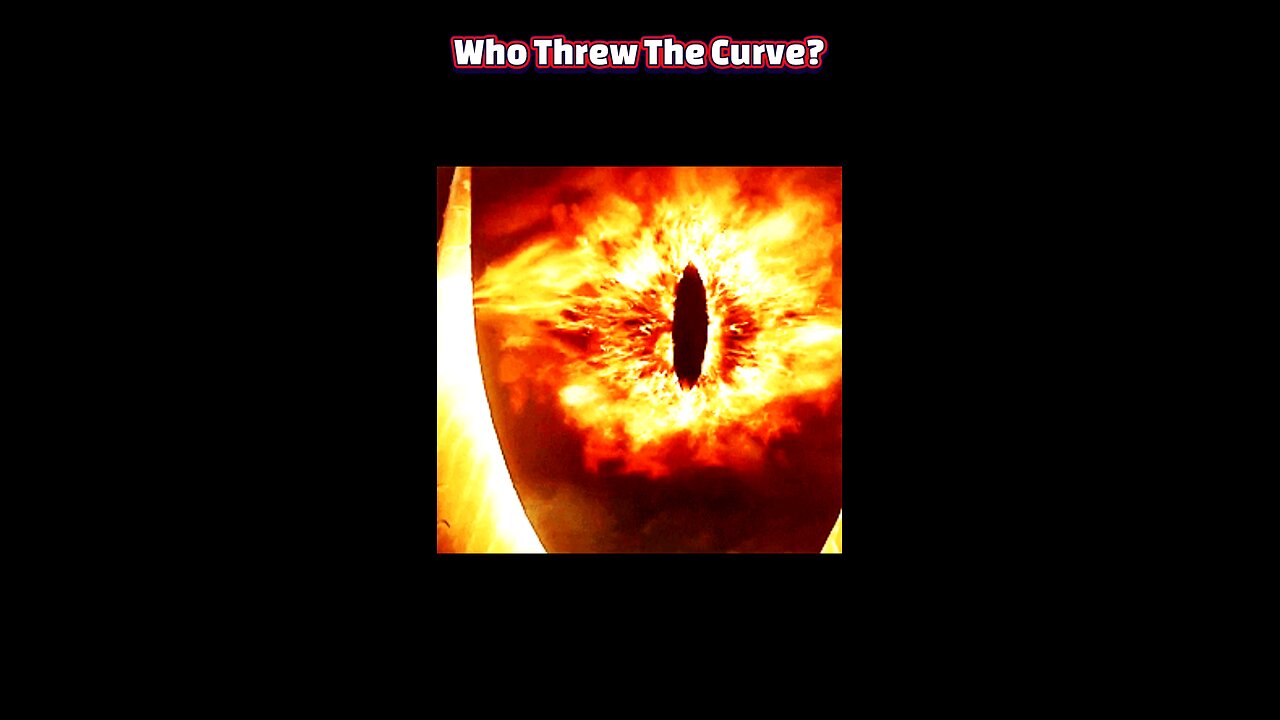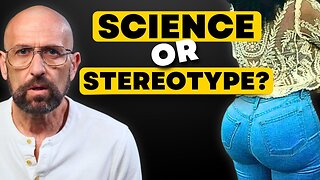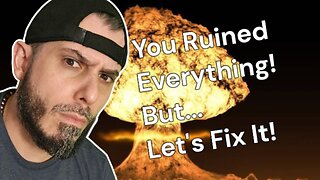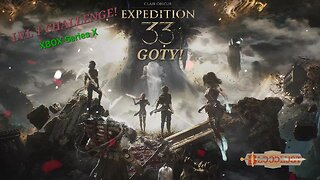Premium Only Content

The Ring Didn’t Kill Sauron… It Broke Him
#LordOfTheRings #SauronExplained #OneRingLore- #MiddleEarthMysteries #TolkienTheory #LOTRFandom- #RingOfPowerBreakdown #FantasyLore #EpicExplained #sauron #newvideo #new #fyp
For all the memes of a giant flaming eyeball popping like a soap bubble, the truth is more precise and more chilling. Sauron had poured a vast portion of his native power—his will to dominate—into the One Ring. That act made the Ring his externalized self, the anchor that kept his spirit tethered to Middle‑earth and capable of rebuilding after setbacks. So the moment the Ring met the fire of Mount Doom, it wasn’t just a trinket melting; it was Sauron’s power-structure collapsing.
Here’s the mechanism fans point to: while the Ring existed, Sauron could always return, because the reservoir of his power still sat in the world waiting for him. Even without holding it, its presence nourished his resurgence after the Last Alliance, letting him re-form as a dark lord (though never again in a fair, deceitful body). Destroy the Ring, and you don’t merely injure him—you sever the circuit that lets his will cohere into an effective shape.
At the exact moment of destruction, Tolkien describes a vast, terrible shadow rising above Mordor—huge, menacing, and then suddenly powerless—before a great wind strips it away. Barad‑dûr, founded and bound with the Ring’s power, shatters because its very stones are “mortgaged” to that magic; once the lien is voided, the fortress cannot stand. The Eye goes dark not because eyes explode, but because the surveillance and will behind it lose their point of focus. It’s the metaphysical equivalent of cutting the puppet’s strings and burning the control bar.
What remains of Sauron is a “houseless” Maia: a surviving spirit, but one so maimed that it can no longer take form or impose its will in Middle‑earth. He is not annihilated in the way a mortal might be, but he is reduced to impotence—unable to incarnate, command armies, or reassemble a power base. The Nazgûl, whose existence is bound to the Ring’s dominion, are unmade; Mordor collapses into leaderless ruin. In practical terms, the threat of Sauron is ended forever, because his will has no instrument left to act through.
This matters because it reframes the victory: it’s not about slaying a boss monster; it’s about dismantling the operating system of domination. Sauron’s downfall is the price of his own strategy—he gained overwhelming control by externalizing his power, and that same externalization made him destructible. So the fan‑short answer is simple and a little haunting: he didn’t “die.” He was broken beyond repair—his spirit blown thin and scattered, alive enough to know he lost, but too ruined to ever rise again.
-
 9:33
9:33
Ken LaCorte: Elephants in Rooms
10 hours ago $1.24 earnedWhy Do Black Men Love Big Butts?
18.5K8 -
 2:12
2:12
From Zero → Viral with AI
1 day ago $1.35 earned🚀 AI Marketing Isn’t Just for Big Brands Anymore — Here’s Why
27.6K8 -
 9:51:58
9:51:58
Dr Disrespect
14 hours ago🔴LIVE - DR DISRESPECT - 10 WINS ON CONTROLLER - BO7 TOMORROW
302K20 -
 1:24:56
1:24:56
Glenn Greenwald
8 hours agoTrump Declares Cities as the Enemies Within; Reagan Appointed Judge Slams Trump Over Speech Crackdowns; American ER Doctor on Gaza Atrocities | SYSTEM UPDATE #524
130K89 -
 LIVE
LIVE
I_Came_With_Fire_Podcast
14 hours agoPete Hegseth and the Chamber of Standards | Digital IDs | Taiwan Chips & Salsa | CDL Crisis
329 watching -
 2:01:46
2:01:46
Adam Does Movies
13 hours ago $0.33 earnedTalking Movies + Ask Me Anything - LIVE
18.3K -
 29:11
29:11
Nick Shirley
5 hours ago $3.11 earnedPortland has Fallen... ANTIFA Take Control of City
19.6K32 -
 1:19:00
1:19:00
VapinGamers
5 hours ago $1.03 earnedJump Space - We All Scream in Space - Early Access - !rumbot !music
18.1K1 -
 1:50:12
1:50:12
Joker Effect
4 hours ago(Kick) Streamers Have Ruined The Streaming Landscape and Here is How! Reviewing Phase Partners...
24.6K1 -
 3:46:40
3:46:40
The Blood Lust Gaming
7 hours agoClair Obscur: Expedition 33 - LVL 1 challenge run pt.3
13.4K